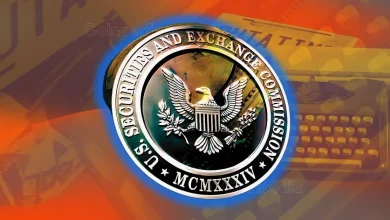
The Philippine SEC has clarified its stance on unregistered crypto platforms, giving them 3 months to comply before facing a ban.
The SEC wants to protect Filipino investors and ensure a smooth transition for both investors and platforms.
The SEC encourages users to choose from the 17 registered platforms in the country.
In a bid to shed light on concerns sparked by its earlier advisory, the Philippine Securities and Exchange Commission (SEC) has clarified its stance on unregistered platforms, giving them a three-month grace period before facing a ban. Kelvin Lee, the head of the financial regulatory body, addressed these matters during a panel discussion aimed at educating consumers about unregistered exchanges.
The Countdown Begins
Lee emphasized the importance of understanding the timeline, highlighting that the ban would come into effect three months from the advisory’s issuance date on November 29. Despite acknowledging the potential for deadline extensions based on feedback, Lee underscored the significance of the initial three-month window. He revealed that the SEC initially proposed a one-month grace period but opted for an extension to ensure a smoother transition.
The SEC’s move comes as a response to the status of platforms like Binance, which admitted to operating without a license in the Philippines. Lee explained that the extended grace period benefits both local investors and platforms seeking regulatory approval, promoting stability within the industry.
‘Tis the Season: SEC Considers Filipino Investors
With the Christmas season on the horizon, Lee emphasized the SEC’s decision to ease the transition for Filipino investors. The approach aligns with global regulatory counterparts, stressing the importance of compliant measures for virtual asset service providers to safeguard investors in the country.
What Next?
The SEC recently issued warnings about Binance operating without the required license, extending caution to other firms such as OCTAFX and My Trade. Commissioner Lee dismissed claims by some firms that they don’t operate within the country, asserting that these platforms actively target Filipino investors online.
In light of the situation, the SEC encourages users to opt for the security of the 17 registered platforms in the country. Lee highlighted an upcoming release of new regulations for digital assets, emphasizing that the decision-making process involves a small group of experts’ deliberation rather than a public consultation.








